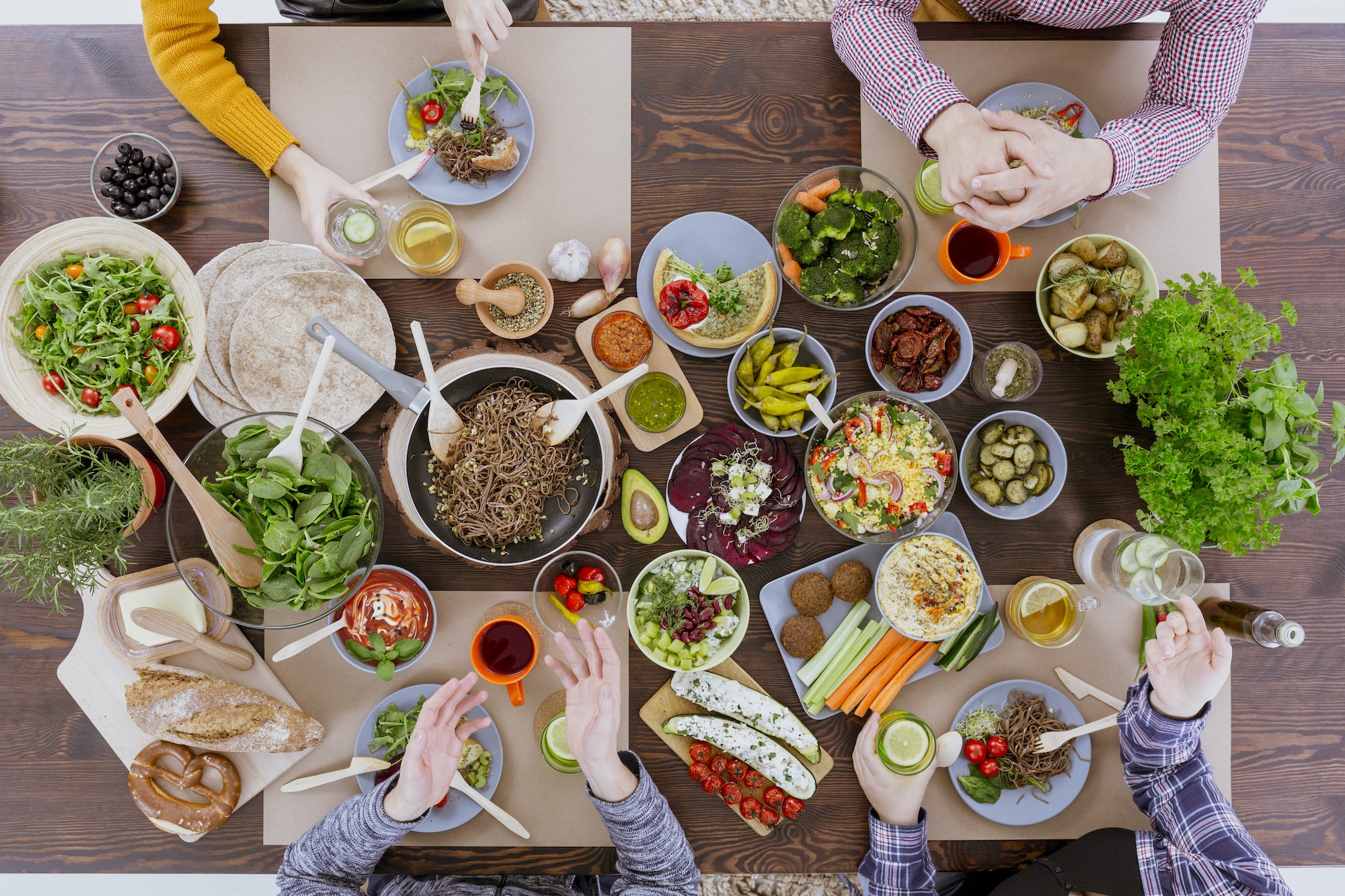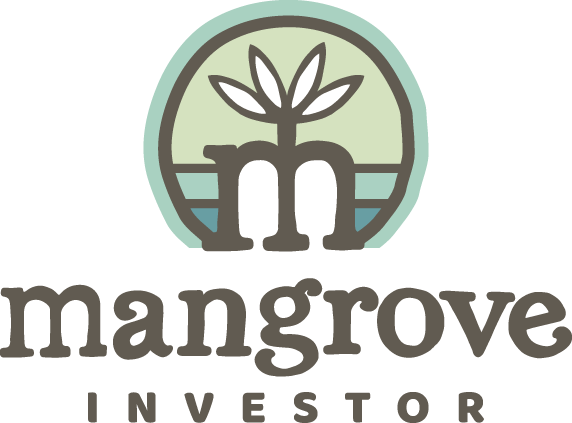

Going Vegan
Wait Do I Have to Go Vegan?
In a perfect world we’d all make wholesome, delicious, plant-based meals at home.
In a perfect world, we’d have the time and money to figure out what a wholesome, delicious, plant-based meal is. In a perfect world, that meal would survive picky eaters, wonky schedules, and exhausted home cooks.
In a perfect world, we wouldn’t get takeout (none of the packaging is recyclable), we’d never eat greasy food (it clogs up plumbing and rots in landfills), and we’d have jobs that let us keep our houses while devoting all this time to cooking and researching food.
You don’t need me to tell you we don’t live in a perfect world.
Most of us don’t have the free time or energy to research what produce is in season every month or figure out how to make it taste good without butter. Most of us barely have the energy to say no to McDonalds when the kids are screaming for it. Hell, sometimes we don’t even have that.
Your author, for one, can’t go vegan. There are several intestinal disorders that make it difficult for people to digest things like beans, broccoli, and peas. If you’re new to the vegan convo, those are the main sources of protein for people who aren’t eating animal products. So the only way these people can get their protein and vitamins is through meat, eggs, or dairy.
I’ve got one of those disorders. For a picture of what that’s like, let me say: There’s only one meal on the menu at my local Chili’s that won’t make me sick. And it’s not vegan.
Sure, I’ve heard all the statistics about veganism. Plants are less impactful on the environment than animals. And the average vegan has fewer risk factors for heart disease than the average omnivore.
Also, vegans eat less processed food than omnivores, meaning they’re getting more vitamins and less preservatives. Though in fairness, I think that’s just because there aren’t a lot of vegan packaged foods. Oreos are technically vegan, and they sell well, so I feel like that supports my theory.
In the latest monthly issue of New Energy, Matt Badiali broke down some numbers on meat production from an energy perspective:
Nearly 20% of the fossil fuels used in the U.S. go into food production – particularly meat. It takes the equivalent of about 107,482 British thermal units (Btu) to produce a pound of beef, 44,992 Btu for a pound of pork, and 15,013 Btu for a pound of chicken.
To put that in perspective, that means it takes the energy of 150 gallons of oil – three entire barrels – to sell the meat of a single beef cow in the U.S.
Spoilers: farming plants is way more efficient. As Matt says later in the issue:
One acre of dry peas (the smooth green peas we usually see in the grocery store) creates 210,654 grams of protein. Compare that to just around 8,330 grams from an acre of cow pasture.
That means peas are 25.3 times more efficient at creating protein.
So, what do we do? Well, the best way for the average person to take advantage of the health and environmental benefits of a plant-based diet is to use what is already available. I don’t know about where you live, but my local grocery store has a massive section of plant milks these days. And we’ve been using that smart butter that tastes like butter but is actually better for you.
If you’ve been to your local Burger King, you might have also seen the Impossible Whopper, which uses plant-based ingredients.
Now, the news lately for the companies producing these ingredients hasn’t been great. A company that makes plant-based meat products, Beyond Meat (BYND), was recently the subject a scathing article in Bloomberg Businessweek. The company has fallen over 80% in the past five years. And it’s not producing its products at a profit anymore. That is a bad business.
But as evidenced by the growing footprint of plant-based dairy products on store shelves, it may be too late to stop this train. Plant-based meat may indeed be struggling. But the rest of the industry seems to be thriving.
The numbers bear that out. Data from a research firm, Data Bridge Market Research, say that the market will grow to $88 billion by 2029.
More options in the grocery store can only be good thing for consumers. We expect that this industry will continue to grow.
And we expect that average consumers will get more comfortable making choices that are better for energy consumption, health, and environmental impact.
And Matt is also looking at a company that’s in good position for this trend.
If you would like to sign up to access it, you can click here.
Have you had experience with changing your diet to help the environment? Even if it’s just making a decision to eat more locally, we want to hear your story. Email us at WeCare@MangroveInvestor.com

Numbers to Know
1847
Year of the fist use of the term “vegetarian” when the first vegetarian society was formed. But the practice of a vegetarian diet started well before that and has ties to Greek philosopher Pythagoras, creator of the geometric Pythagorean theorem. (PBS)
2000
It is estimated that tofu was created over 2000 years ago. There are several theories about its origins but the Liu An Theory states that tofu was developed by Liu An, King of Huai-nan, who lived in China from 179 BC to 122 BC. (Soy Info Center)
75%
If everyone shifted to a plant-based diet we would reduce global land use for agriculture by 75%. This large reduction of agricultural land use would be possible thanks to a reduction in land used for grazing and a smaller need for land to grow crops (Our World in Data)
What’s New in Sustainable Investing
Plant Based Protein Market Grows To $35.9 Billion
EPlant based food market is becoming more mainstream. A recent report projected its market value is likely to grown from $11.3 billion in 2023 to an and estimated $35.9 Billion by 2033 (Future Market Insights)
Rivian’s Woes Continue in 2023
Not all that is new and fancy can be considered a sound investment. Rivian shares drop sharply after plans to sell $1.3 billion in bonds to shore up capital. (Reuters)
Video Of The Week
Dining at The World’s Largest Synthetic Meat Factory
Check out this plant that can grow thousands of pounds of chicken, beef and pork.
There will competitions for who can make the most decisions fake meat.




